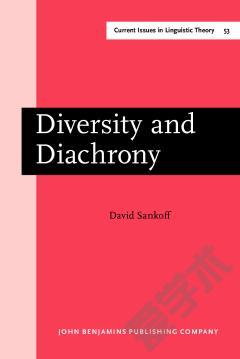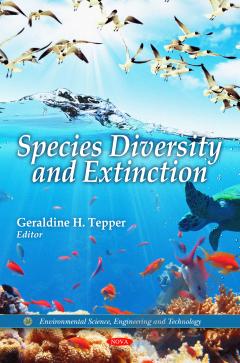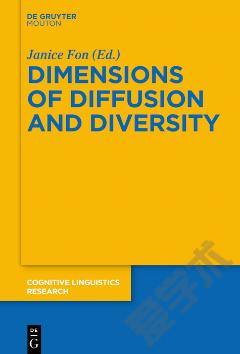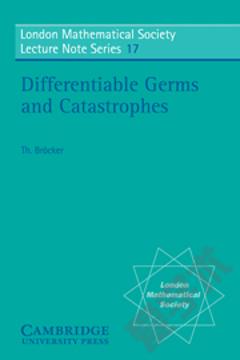Diversity, Versatility and Leukaemia
The blood cell system has provided a model system that has been used by many researchers to investigate how a stem cell can give rise to a wide variety of mature cell types. The principles that emerged in developmental biology have been applied to the structure of tissues throughout the body. However, many of the principles have been challenged by recent findings, changing the way we view blood cell development. In turn, this has impacted our understanding of the origin and nature of leukaemia, as well as cancer in general. Like the development of any body tissue, cancer is an organised and hierarchical tissue with its own identity. A new viewpoint is that the mutations that give rise to cancer re-programme cancer cells to their own abnormal pattern of tissue development. Understanding how the hierarchy of tumour identity differs from that of normal tissue provides important new avenues to the development of new treatments for cancer. No doubt further refinement to our understanding of normal and cancer cells will continue for many years to come. Even so, we appear to be moving towards an exciting prospect of providing the key to unlocking the long standing mystery of primary cellular events that undermine and distort our normal cells and give rise to the disease of cancer. The importance of this is the prospect of developing new treatments for cancer. In particular, the distorted behaviour of cancer cells might be reversible so that they can be restored to their normal state. Diversity, Versatility and Leukaemia examines how normal and cancer cells are inextricably linked, and focuses on the changes to how we view the development of normal cells and the subversion of this process in cancer.
{{comment.content}}








 京公网安备 11010802027623号
京公网安备 11010802027623号